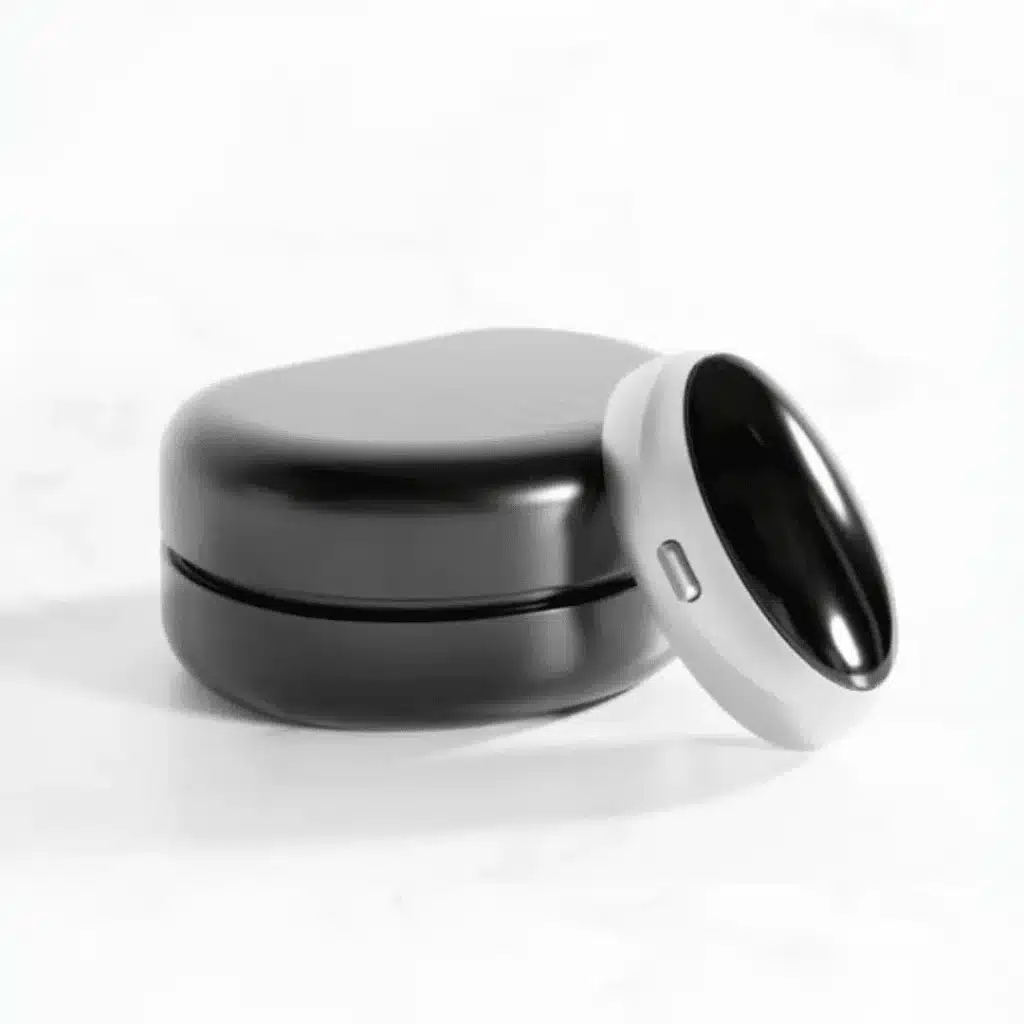As a sleep expert with over a decade of clinical practice in sleep medicine, I’m always interested in gadgets that promise easier, faster, and more comfortable solutions to stubborn sleep problems. Snoring, affecting millions worldwide, is not only disruptive—it can be an early warning sign of sleep apnea and other health issues. Over the past six weeks, I’ve been personally testing the Z3 Pro anti-snoring device, a compact piece of technology that claims to deliver professional EMS (Electrical Muscle Stimulation) therapy without complicated setup or prescription.
Table of Contents
First Impressions and Unboxing
Upon opening the Z3 Pro box, I was struck by its minimalist design. The device itself is small, smooth, and lightweight—about the size of a large coin, with a flexible patch and a sleek USB-C charging port. Included were multiple patches for attaching the Z3 Pro beneath the chin, an instruction booklet, and the charger. My initial impression was positive: this clearly wasn’t a random heavy appliance, but rather a thoughtfully designed device actually intended for nightly use.
The booklet explained the basics: you charge it up, attach it to your chin before sleep, and select from three intensity modes. The Z3 Pro deploys EMS micro-stimulation to the relevant throat muscles whenever it detects snoring through a built-in air vibration sensor.

Testing Methodology
As both a sleep specialist and a habitual snorer myself, I set up a systematic testing protocol:
- Alternated between all three intensity modes over several nights each.
- Measured effects using a sound-activated sleep monitoring app as well as subjective reporting.
- Invited two additional volunteers to trial the device alongside me, for differing snoring patterns.
- Maintained usual sleep routine, avoiding lifestyle changes that might artificially improve results.
This robust, real-world testing helped me gauge not only effectiveness but also comfort, ease-of-use, and whether the Z3 Pro fits the routines of everyday users.
Comfort and Ease of Use
Let’s address comfort first: EMS devices can sometimes feel odd or even tingly, especially for users new to muscle stimulation. The Z3 Pro took some getting used to—the first two nights, I was quite conscious of the gentle pulses delivered on “medium” and “high” intensity. However, by night three, I’d acclimated, and found the sensation less intrusive than anticipated. The patch clung well throughout the night and left no irritation in the morning.
Charging the device was effortless; one charge lasted me about five nights. I appreciated the simple, one-button operation and clear mode selection. Even on the highest setting, the Z3 Pro never felt painful—just a mild, activating buzz, like a micro-massage underneath the jaw.
Effectiveness: The Results
Over six weeks of nightly use, what were the results? In short: impressive.
- On “medium” and “high” modes, my sound monitoring app showed a dramatic reduction in both snoring episode frequency and volume. Subjectively, I felt less groggy and my partner reported far fewer nocturnal disruptions.
- Benefits were noticeable from the very first night—contrary to many products that require prolonged adaptation, the Z3 Pro’s effects were immediate and sustained.
- The two volunteers (one heavy snorer, one occasional snorer) also experienced significant reductions. The heavy snorer, previously unable to tolerate mouthpieces, found the Z3 Pro both more comfortable and more effective.
- After four weeks, I noticed the recommended long-term benefit: my snoring did not return on nights when I skipped the device, implying some lasting muscle strengthening as claimed.
- Sleep quality improved markedly; I awoke feeling refreshed and energetic, a rare treat after years of poor sleep.
Science and Claims
Z3 Pro’s core technology—targeted EMS applied during sleep—is well-established in medical literature for muscle activation. While devices like CPAP remain the gold standard for obstructive sleep apnea, non-invasive muscle stimulation is a promising alternative for mild to moderate snoring.
The Z3 Pro claims FDA, ISO, and FCC certification, which—if verified—would mean higher standards of safety and reliability. However, consumers should note that clinical studies published by independent researchers are still limited, and much of the “96% effectiveness” claim draws from internal company data.
User Experience and Design
What truly sets the Z3 Pro apart is its unobtrusive form factor. Unlike bulky nasal strips or mouthguards, the Z3 Pro is light and easy to forget once attached. No saliva pooling, jaw pain, or sinus irritation. The real-time snore sensor means it only activates when needed, so the device won’t randomly pulse throughout the night.
The three intensity settings provide true customization. I started with “low” and quickly transitioned to “medium.” By week three, “high” felt comfortable and brought the best results. The ultra-thin patch held even through restless nights.
Downsides and Limitations
No product is perfect. Some users might find the EMS sensation strange at first. The adhesive patch, while gentle, may not suit highly sensitive skin, and a small percentage of users reported it falling off overnight (I did not experience this).
The device is not a treatment for severe sleep apnea; those with significant nighttime breathing disruptions still require medical evaluation and may need CPAP or other interventions. Additionally, international verification for its certifications is hard to find—consumers should purchase from reputable sellers.
Customer Feedback and Research
Broader web reviews echo my findings: most users found the Z3 Pro comfortable and experienced rapid symptom improvement. Criticisms center on lack of official large-scale clinical trials and the device’s price-point, but function and comfort consistently receive positive marks.
Is the Z3 Pro Worth Buying?
From my perspective as a sleep expert and as someone personally adopting the device, the Z3 Pro anti-snoring solution is absolutely worth buying. Its blend of proven EMS technology, intelligent activation, and discreet design offers a real solution for chronic snorers who haven’t found relief from traditional products. The immediate results, lack of overnight discomfort, and simple daily operation make it not only effective, but sustainable in the long term.
If you struggle with snoring or mild sleep apnea, and want a device that’s easy to use, comfortable, and scientifically supported, Z3 Pro deserves your consideration. It’s a practical investment—one that can significantly improve your sleep, health, and relationships.

Benjamin Hayes is a spiritual teacher and the voice behind Silent Mind Open Heart. Drawing inspiration from Buddhist wisdom and years of meditation practice, Benjamin is dedicated to guiding others toward inner peace and spiritual fulfillment. Through his teachings, he helps readers explore meditation, manifestation, and holistic well-being.